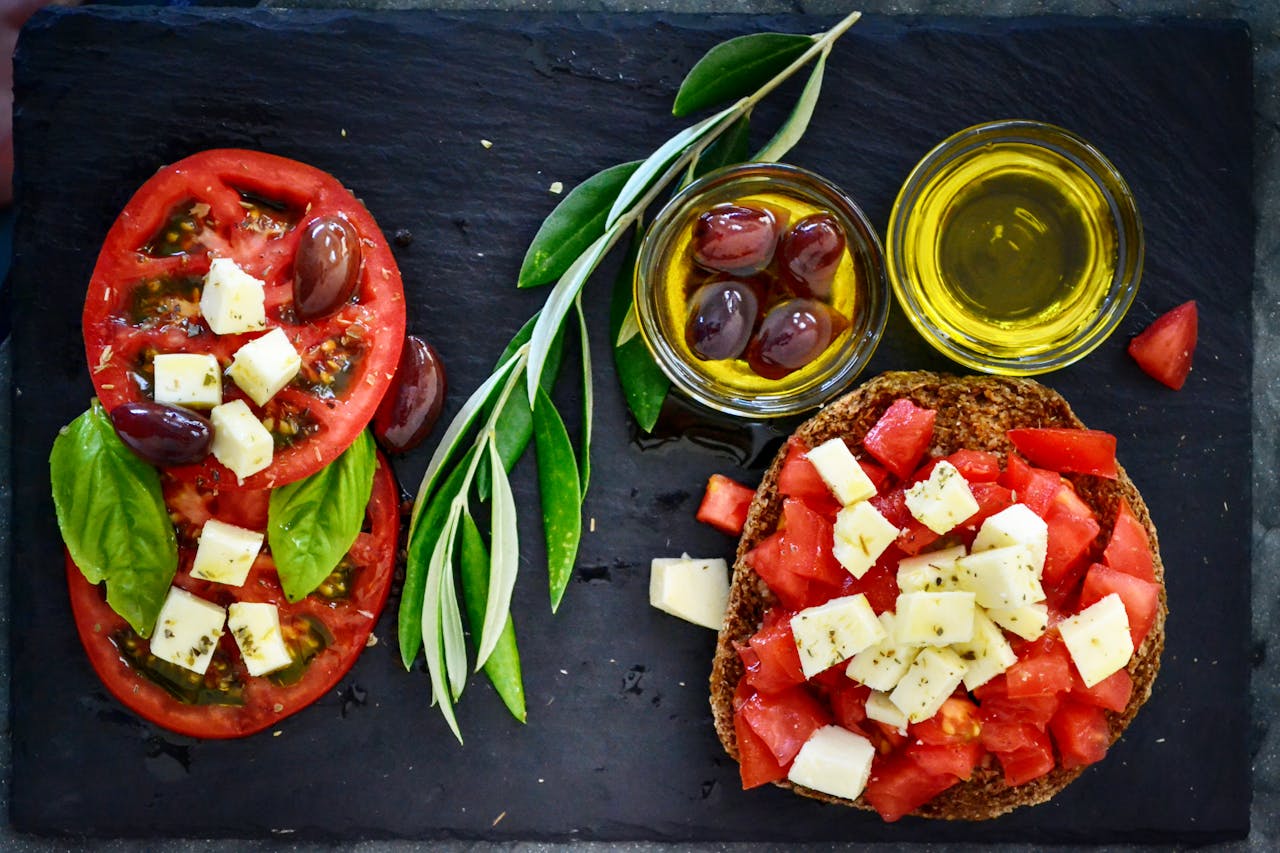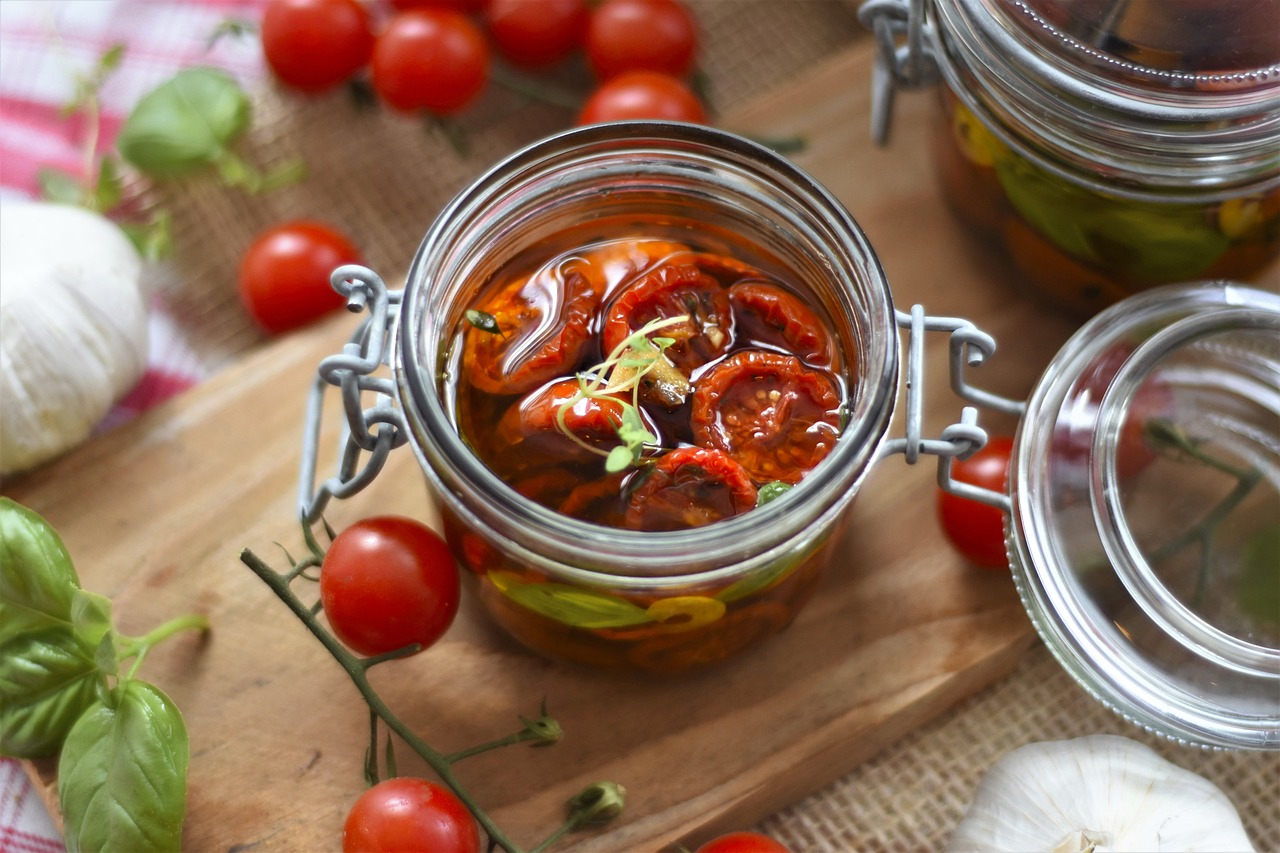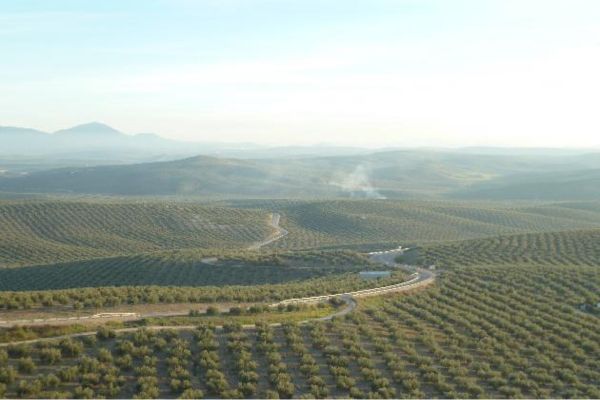- ABOUT US
Who We Are
55 Years´S Experience
Production and MarketingL&P Global has over 50 years’ experience in import and export of olive oil, wine and other food products from Spain and Italy to the rest of the world.
- SUSTAINABILITY
Sustainability
At L&P Global, sustainability drives everything we do. We source responsibly, partner with local farmers, and promote ethical practices. With certified organic products and CEAE standards, we prioritize the planet while delivering quality.
Find out moreLorem Ipsum is simply dumy text of the printing typesetting industry lorem ipsum. - OUR PRODUCTS
- NEWS & UPDATES
Blog & Updates
Stay updated on wine trends, new products, and expert tips for your portfolio. Whether you’re a seasoned connoisseur or new to wine, our blog offers curated insights, backed by 50 years of experience. Cheers to your journey through exquisite flavors!
- ONLINE SHOP
- CONTACT
History of Spanish Olive Oil
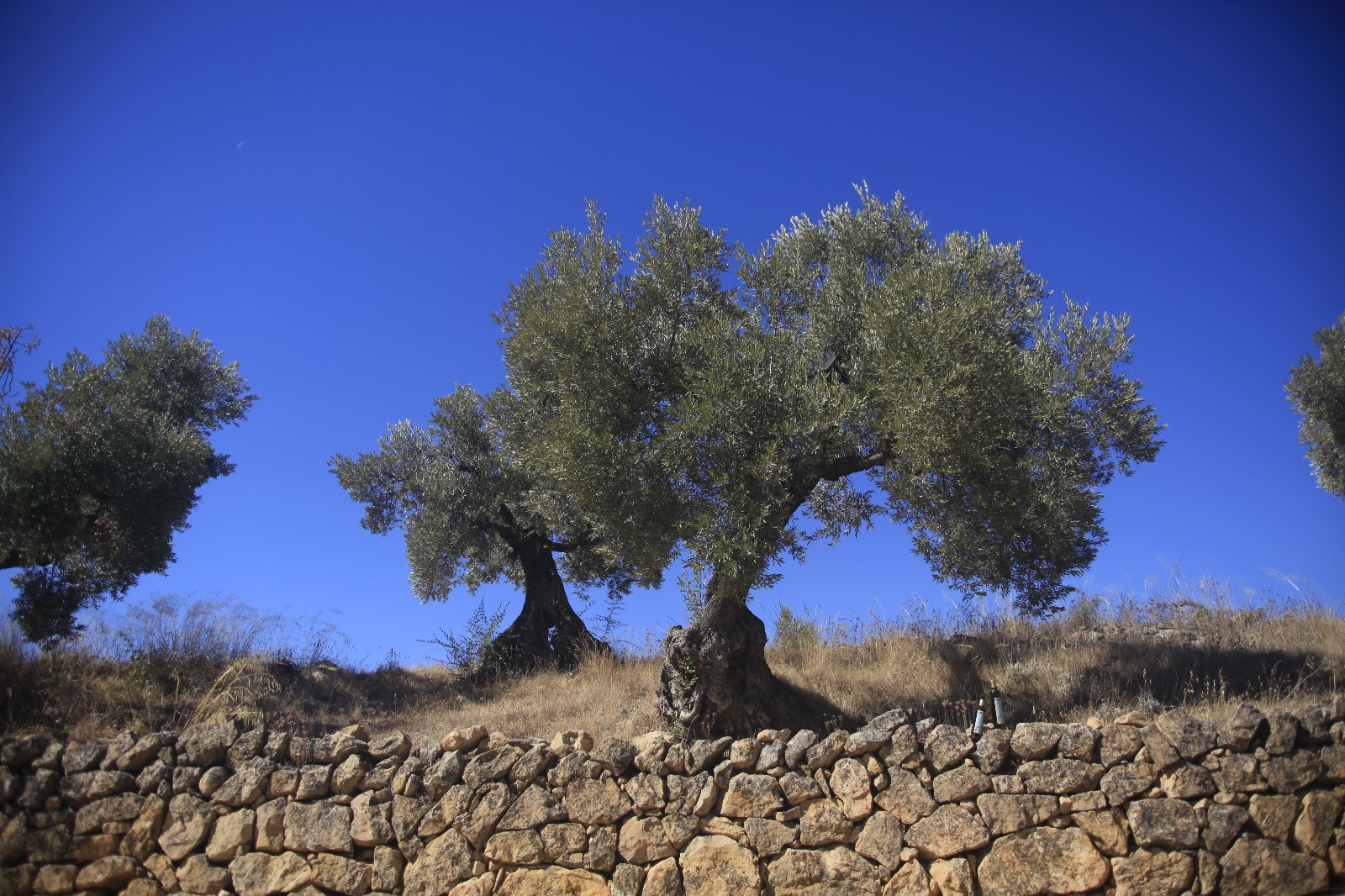
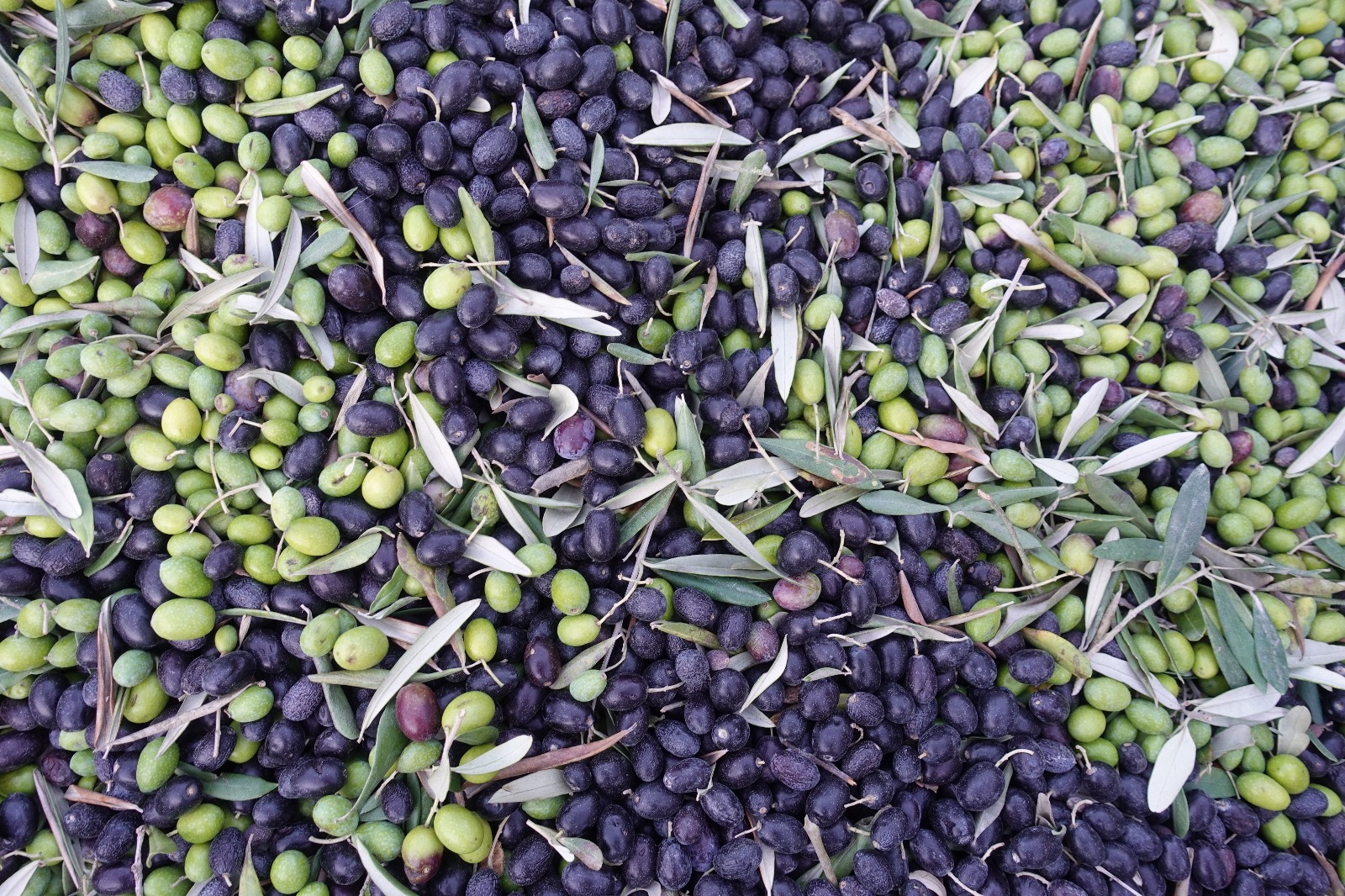
Production of Olive Oil
While olive groves are present in almost all regions of Spain, Andalusia is the most important centre of production of olive oil in Spain, covering more than eighty-five percent of the total production of Spain. The province of Jaén, Andalusia, is considered to be the “world capital of olive oil”. Olive trees can be seen for miles throughout the landscape of this region of southern Spain. The majority of Spanish olive oil comes from the Picual variety , due to the fact that it represents approximately 50 per cent of the production of olive oil in Spain . Other popular Spanish varieties are Picuo , Hojiblanca , Arbequina, Lechin, Cornicabra , Verdial and Empeltre. Each variety tends to dominate a particular region of production in Spain.
Spain currently has more than 30 olive oil Designations of Origin in its extra virgin and virgin varieties . This designation ensures the quality of the olive oil, establishing production standards in certain regions, using certain varieties of olives.
Due to the wide variety of climates and micro-climates , along with the wide variety of olives used in the production of Spain, the olive oils offer a wide variety of flavours and aromas. Some Spanish olive oils are sweet and mild while others can be bitter and spicy. Many of the Spanish olive oils have a walnut and olive green fruity flavour.
Olive Oil Production Process
Steps involved in the production of olive oil, following the collection of the olives are:
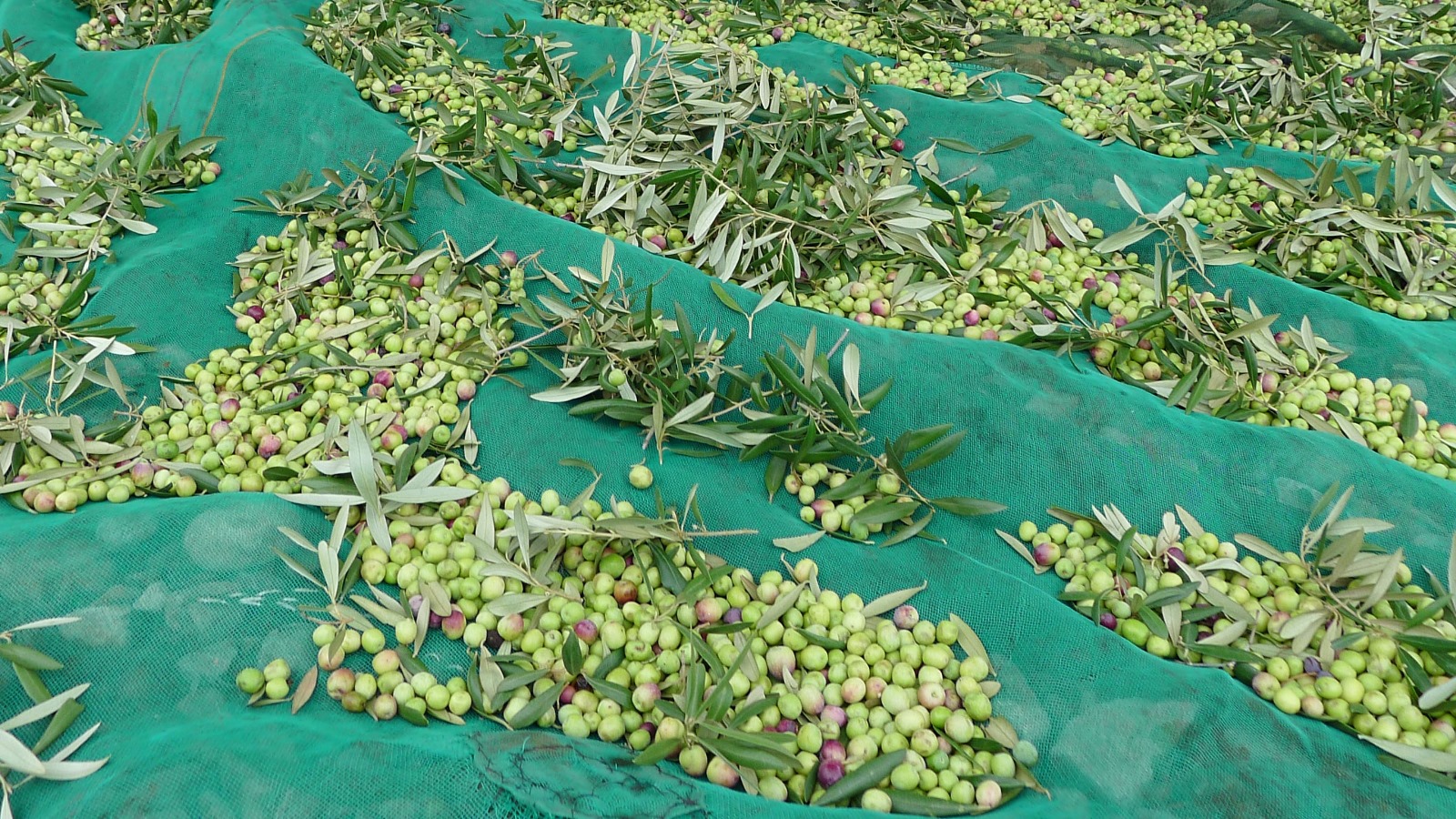
Stems, branches and leaves are removed and the olives may or may not be cleaned with water to remove pesticides, dirt, etc.

Stone wheels or rollers roll in a circular motion over a slab of granite to grind the olives to a pulp, or an electric engine attached to a cogged mill pulverises the olives.

Mixing or blending the pulp obtained between 20 – 40 minutes allows small droplets of oil to be obtained that will be later combined with larger ones that may be eliminated in the next step. The pulp is often heated to 28 °C during this process.

Using a press.

The liquid is turned in a centrifuge.

Refine and deodorize, to reduce acidity and improve the flavour.

Olive oil can be stored in plastic stainless steel, stainless steel containers. The oil deteriorates through the lipase and the oxygen actions. Oxidation or rancidity is accelerated when exposed to light and heat.

Olive oil is classified according to its acidity and flavour, following tests carried out by experts.
Benefits of Olive Oil
Olive oil is one of the fundamental components of the Mediterranean diet, based on fresh fruit, vegetables, fish and nuts. Olive oil is hight in mono unsaturated fats that help to reduce "bad" cholesterol (LDL) while increasing the levels of HDL-cholesterol.
We know that mono unsaturated fats including in this diet greatly reduce the risk of heart disease.
